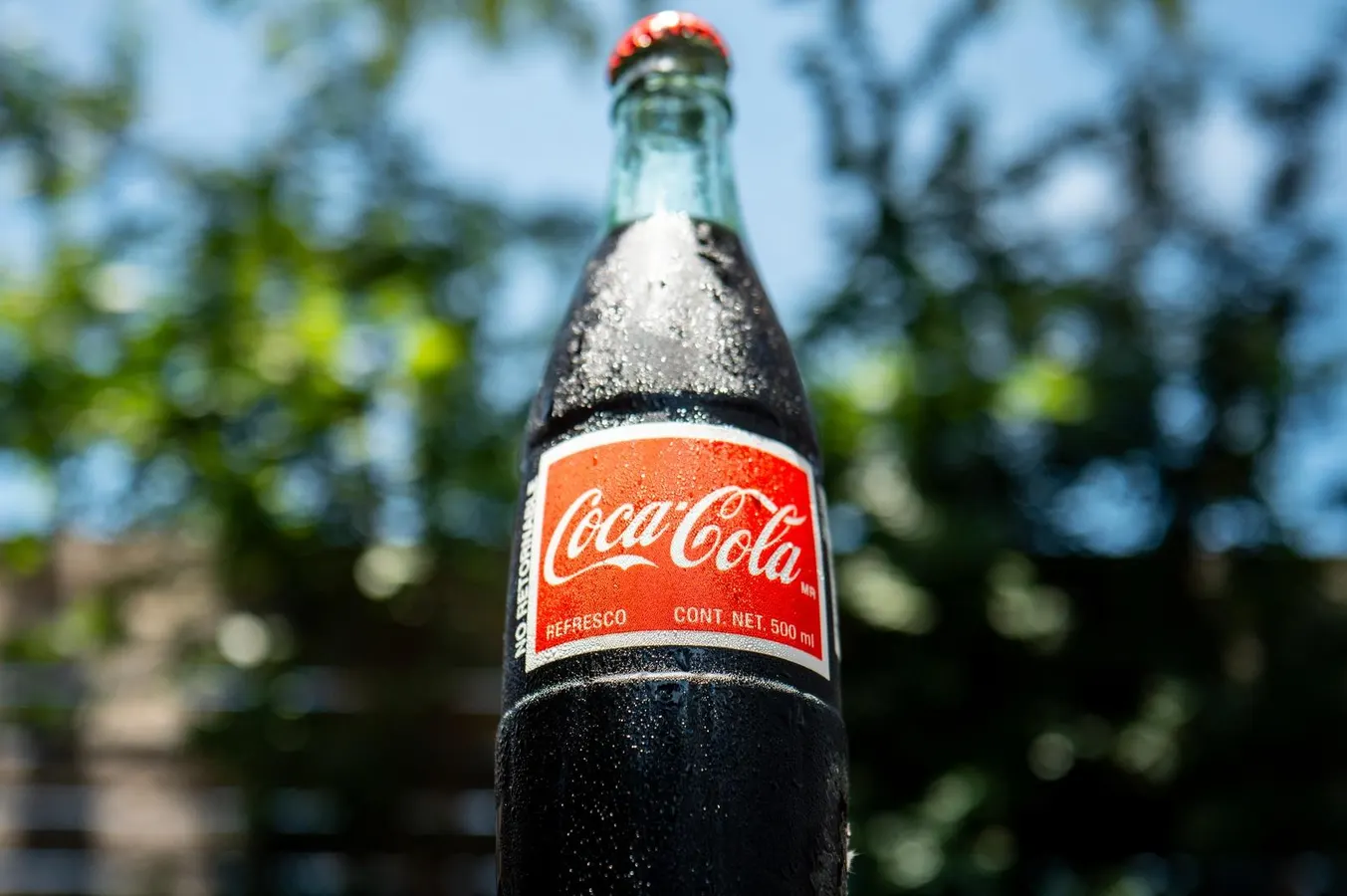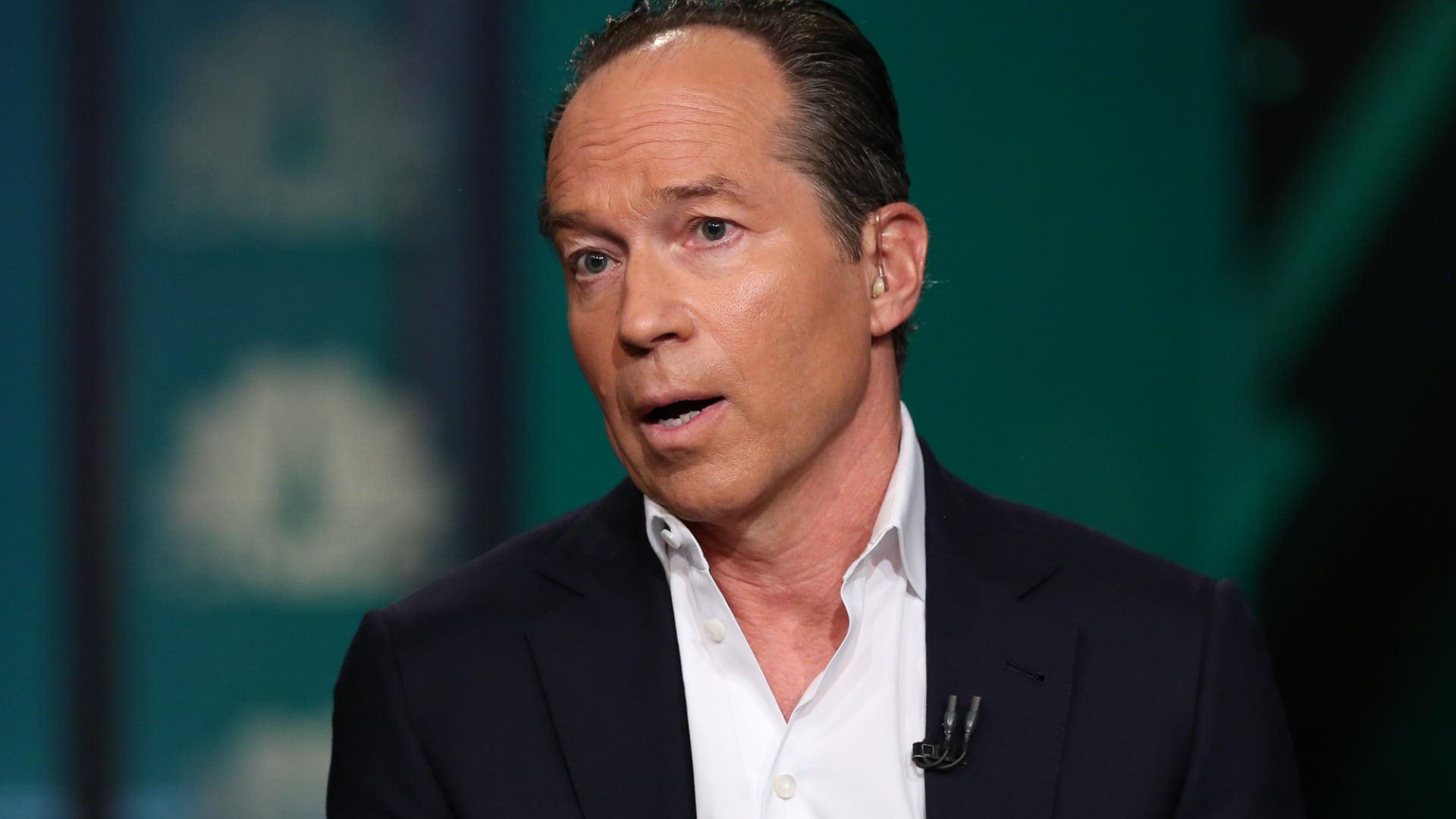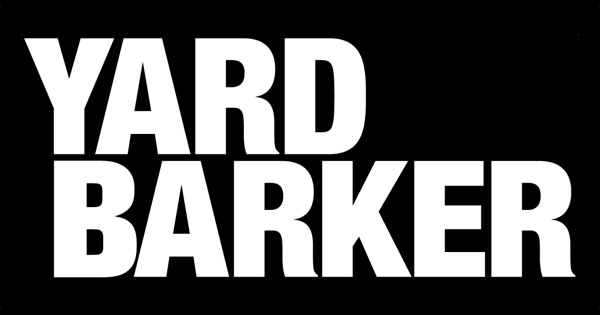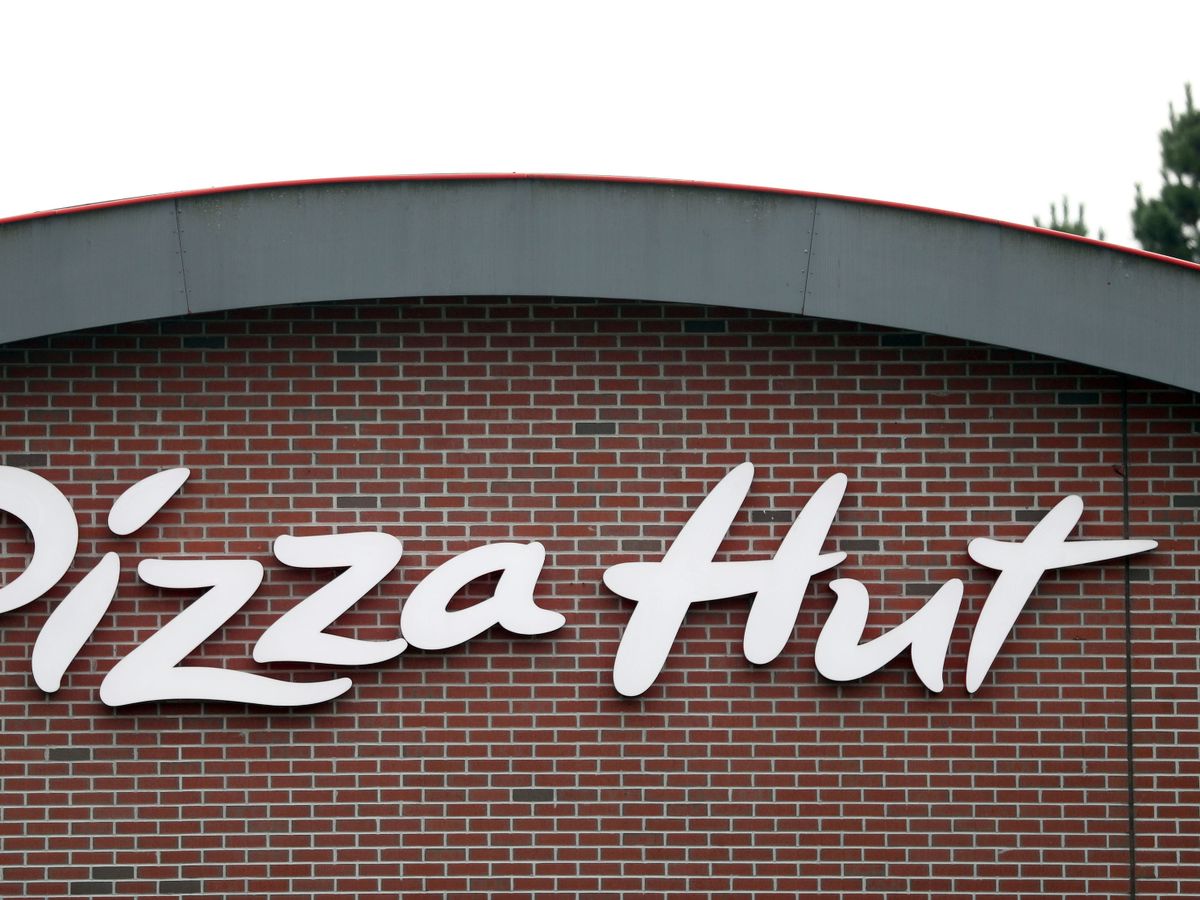Copyright forbes

Photo illustration by Brandon Bell/Getty Images In my latest deep-dive, I profile Florida sugar barons, the Fanjul family of Palm Beach, who are among the best-positioned to take advantage of Coca-Cola’s American cane sugar expansion. The Fanjuls control a sugar and real estate empire, including Domino Sugar and Florida Crystals, that Forbes estimates to be worth some $4 billion—and ever since their longtime friend Donald Trump pressured Coca-Cola to use cane sugar, they have been jockeying for that business. The Fanjul family emigrated to South Florida from Cuba in 1959, following the Fidel Castro-led revolution in their home country, and have been wooing politicians for decades. But their bet on the Trump Administration is their best yet. Alfonso “Alfy” Fanjul (left) runs the family empire with his brother José “Pepe” Fanjul. TAYLOR JONES/THE PALM BEACH POST/ZUMA PRESS/NEWSCOM They also have plenty of critics, which the feature investigates. The Cato Institute’s Colin Grabow, who published a 2018 report titled “Candy-Coated Cartel: It’s Time To Kill The U.S. Sugar Program,” says that if the Fanjuls represent the American Dream, that’s “a pretty cynical take on what the American Dream is.” “It’s not the classic American story of you get in and you develop cozy connections with politicians and you try to bend government policy to your will,” says Grabow. “The American Dream is you succeed based on your inventiveness and your hard work and not because of your ability to manipulate government policy.” A representative for the Fanjuls responded that the family is a symbol of “determination and a strong work ethic.” The family has been a supplier to Coke for many years, though never exclusively, and never for any specific product. For Coca-Cola, working exclusively with Florida Crystals—which is the largest certified regenerative organic farm in the U.S. and the only one growing sugar—would present the chance to promote a sustainable and traceable supply chain. But there’s more to it. The Fanjuls’ embrace of sustainability is a recent development. The clan is better known for weathering decades of accusations that its farms pollute waterways from chemical runoff. (The Fanjuls’ representative says their “farms filter the water and release it cleaner than when it arrived.”) There’s also alleged air pollution from burning sugarcane leaves to prepare plants for harvest, which can release toxic gasses into the air. (They say it’s a “common method” that’s “highly regulated” by the state and that they do not burn within two miles of any residential or commercial structure.) And environmental degradation is not the only sin that the Fanjuls have been accused of. There have been allegations of forced labor in the Dominican Republic, which they have denied for years. The Trump Administration removed a ban on importing from that business in March. The feature, written alongside deputy wealth editor Giacomo Tognini, delves into a lot more, and even Monica Lewinsky pops up. Let me know what you think! — Chloe Sorvino This is Forbes’ Fresh Take newsletter, which every Wednesday brings you the latest on the big ideas changing the future of food. Want to get it in your inbox every week? Sign up here. Featured Story For Hooters’ Original Founders, Saving The Chain Is A Higher Calling: “America Needs Us.” Neil Kiefer (far left), CEO of the Original Hooters Founders Group, alongside cofounders (from the left) Edward Droste, Dennis Johnson, and Gil DiGiannantonio EDWARD LINSMIER FOR FORBES A group of Florida friends thought it would be fun to open a restaurant in the 1980s that “they couldn’t get kicked out of.” Now in their 70s, they’re buying back franchises with a plan to restore the brand—from the signature wings to the orange shorts—to its cheeky glory. Federal agents block people protesting an ICE immigration raid at a farm on July 10, 2025 near Camarillo, California. Mario Tama/Getty Images ICE Watch: In a surprising moment of clarity, the Labor Department has acknowledged that the Trump Administration’s immigration crackdown is hurting the U.S. food supply, according to the Washington Post. A document from the Department of Labor warns “the near total cessation of the inflow of illegal aliens” is impacting “the stability of domestic food production and prices for U.S. consumers.” The document goes further: “Unless the Department acts immediately to provide a source of stable and lawful labor, this threat will grow.” The Agriculture Department has not commented on this contradiction to its talking points on the subject. A farmer spreads pesticide on a field in Centreville, Maryland, on April 25, 2022. JIM WATSON/AFP via Getty Images The Proof Is Out There: Organic Insider reports on a crucial new development for the Regenerative Organic Certified label, better known as ROC: There’s going to be a full-blown effort to “quantify what has long been assumed but rarely measured: how regenerative organic farming impacts the true quality of food.” The certification’s overseeing body Regenerative Organic Alliance has partnered with the data firm Edacious to do use lab analysis as well as software and data tools to create robust data around nutrient density and pesticide residues of regenerative organic certified food products. “For decades, the organic movement has relied on documentation and audits. Farmers follow process-based standards, and certifiers verify compliance through paperwork,” Organic Insider’s founder Max Goldberg writes. “ROC joining forces with Edacious adds a new dimension to this dynamic—moving from paperwork to proof.” Hendrik Schmidt/picture alliance via Getty Images Amber Waves of Grain: Wheat farmers may soon rejoice after University of Maryland researchers seem to have discovered a way to develop a new breed that would grow significantly more wheat per acre. The gene they identified makes “a rare form of wheat grow three ovaries per flower instead of one” (and each ovary can develop into a grain of wheat). “Even small gains in the number of kernels per plant can translate into huge increases in food supply at the global scale,” the researchers suggest. Hamdi Ulukaya speaks onstage during the Clinton Global Initiative 2025 Annual Meeting on September 24, 2025 in New York City. JP Yim/Getty Images for Clinton Global Initiative Never Say Never: Chobani founder Hamdi Ulukaya has avoided taking on investors for years, but in a twist of fate accepted a $650 million investment at a $20 billion valuation as it builds a $1.2 billion dairy factory in upstate New York. Forbes estimates the deal pushes Ulukaya’s net worth up by more than $11 billion, from $2.1 billion to $13.5 billion. Ulukaya owns an estimated 68% of the company. It’s an extremely large deal, especially for Chobani to not be disclosing names of the investors behind the money. Tuesday, October 28, 10:00 a.m. - 6:00 p.m. I’m thrilled to be returning to my alma mater for the 1st Annual Food and Agriculture Policy Summit co-hosted by José Andrés, Food Tank, the Global Food Institute at GW, and the Culinary Institute of America. My panel on Innovation and Opportunity for Expanded Access to Protein Sources – with president of the Good Food Institute Bruce Friedrich and CEO of the Meat Institute Julie Anna Potts – starts at 3 p.m. Jack Morton Auditorium at 805 21st Street NW Washington, D.C. Field Notes CHLOE SORVINO I made a large batch of cranberry mustard. I canned a bunch of jars, and kept what was leftover in the fridge. I then found the stash earlier this week when I needed to make salad dressing and inspiration hit. I can promise you cranberry mustard dressing is one to add to your autumnal rotation. (And, fear not, if you’re not ready to make the jars shelf stable through a hot water bath, you can always cook the recipe and just keep the mustard in your fridge.) Thanks for reading the 164th edition of Forbes Fresh Take! Let me know what you think. Subscribe to Forbes Fresh Take here. More Fresh Take ForbesTrump’s Trade War Upends Soybean Market With No Aid In SightBy Chloe SorvinoForbesCaught In The Crossfire Of A Government Shutdown, Infant Nutrition Program Is Expected To Run Out Of Funding This WeekBy Chloe SorvinoForbesWhat Jane Goodall Told Us About How To Make An ImpactBy Chloe Sorvino Got a tip? Share confidential information with Forbes. Editorial StandardsReprints & Permissions



